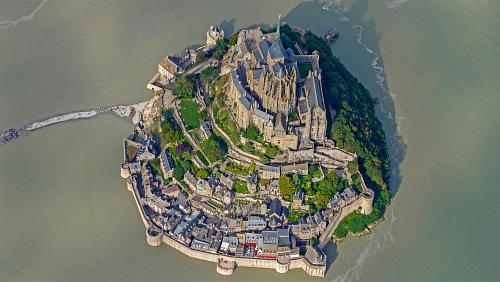Eritrea, a small country in the Horn of Africa, has been facing challenges when it comes to waste management. With a rapidly growing population and limited resources, the country has had to come up with innovative solutions to tackle its waste management issues. One such solution is the recent installation of a new incinerator, which aims to help reduce the country’s waste and environmental impact.
The new incinerator, which was installed in the capital city of Asmara, is part of Eritrea’s efforts to modernize its waste management infrastructure. The incinerator is a state-of-the-art facility that uses advanced technology to safely and efficiently dispose of waste. It is designed to handle various types of waste, including household waste, medical waste, and industrial waste, making it a versatile solution for the country’s ongoing waste management needs.
The installation of the incinerator marks a significant step forward for Eritrea, as the country has been grappling with waste management challenges for years. Prior to the incinerator’s installation, much of the country’s waste was simply dumped in open landfills, leading to environmental pollution and health risks for its citizens. With the new incinerator in place, Eritrea hopes to improve the overall cleanliness and sustainability of its waste management practices.
One of the key benefits of the incinerator is its ability to reduce the volume of waste. By burning waste at high temperatures, the incinerator is able to significantly reduce the amount of waste that would otherwise take up valuable space in landfills. This not only helps to conserve land resources, but also minimizes the environmental impact of waste disposal.
Additionally, the incinerator also helps to mitigate the environmental impact of waste disposal. By burning waste at high temperatures, the incinerator is able to reduce the emission of harmful pollutants into the atmosphere. This is a crucial step towards improving air quality and reducing the country’s overall carbon footprint.
Furthermore, the incinerator is also equipped with advanced filtering systems that help to capture and neutralize harmful gases and particulates that may be released during the incineration process. This ensures that the incineration process is as clean and efficient as possible, minimizing the impact on the surrounding environment.
In addition to its environmental benefits, the incinerator also offers economic advantages for Eritrea. By reducing the volume of waste that needs to be transported and disposed of in landfills, the incinerator helps to lower the overall costs associated with waste management. This in turn allows the country to allocate its resources more efficiently, ultimately benefiting its citizens and the economy as a whole.
One of the most important aspects of the new incinerator is its potential to generate energy from waste. The incinerator is designed to capture the heat produced during the burning process and convert it into energy, which can be used to power various processes and facilities. This can help to reduce the country’s reliance on traditional energy sources, ultimately contributing to a more sustainable and self-sufficient energy infrastructure.
The installation of the new incinerator signals Eritrea’s commitment to adopting innovative and sustainable solutions to address its waste management challenges. By investing in modern waste management technologies, the country is taking a proactive approach towards improving environmental sustainability and public health.
Overall, the new incinerator holds great promise for Eritrea’s waste management efforts. It represents a significant step forward in the country’s ongoing efforts to modernize its waste management infrastructure and improve environmental sustainability.
FAQs:
Q: What is an incinerator and how does it work?
A: An incinerator is a facility that is designed to burn waste materials at high temperatures, effectively reducing the volume of waste and minimizing its environmental impact. The incinerator uses advanced technology to safely and efficiently dispose of various types of waste, including household waste, medical waste, and industrial waste.
Q: How will the new incinerator benefit Eritrea?
A: The new incinerator will help Eritrea to manage its waste more effectively, reducing the volume of waste and minimizing its environmental impact. It will also help to improve air quality and reduce the country’s overall carbon footprint. Additionally, the incinerator has the potential to generate energy from waste, contributing to a more sustainable and self-sufficient energy infrastructure for the country.
Q: What kinds of waste can the incinerator handle?
A: The incinerator is designed to handle various types of waste, including household waste, medical waste, and industrial waste. Its versatility makes it a valuable solution for Eritrea’s ongoing waste management needs.
Q: How will the incinerator help to reduce the environmental impact of waste disposal?
A: The incinerator is designed to burn waste at high temperatures, which helps to reduce the emission of harmful pollutants into the atmosphere. It also uses advanced filtering systems to capture and neutralize harmful gases and particulates, ensuring that the incineration process is as clean and efficient as possible.
Q: What are the economic benefits of the new incinerator for Eritrea?
A: The new incinerator will help to lower the overall costs associated with waste management by reducing the volume of waste that needs to be transported and disposed of in landfills. This will allow the country to allocate its resources more efficiently, ultimately benefiting its citizens and the economy as a whole.








